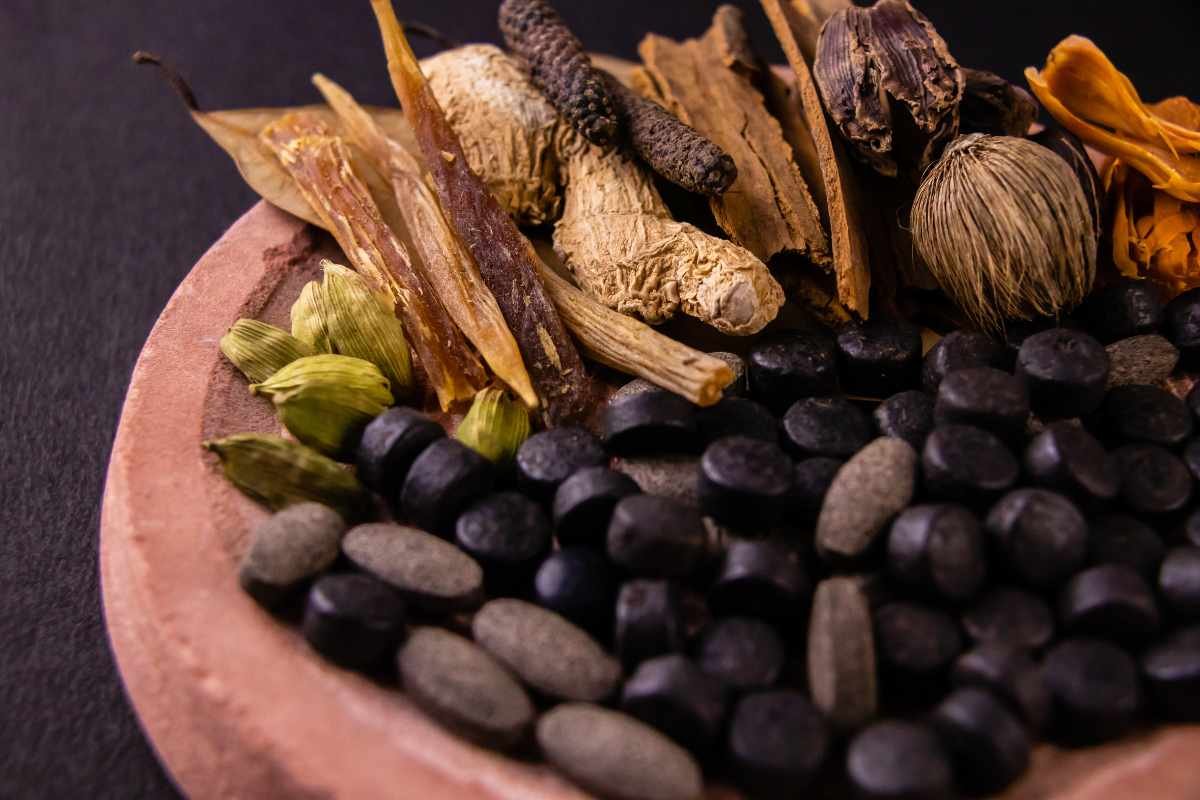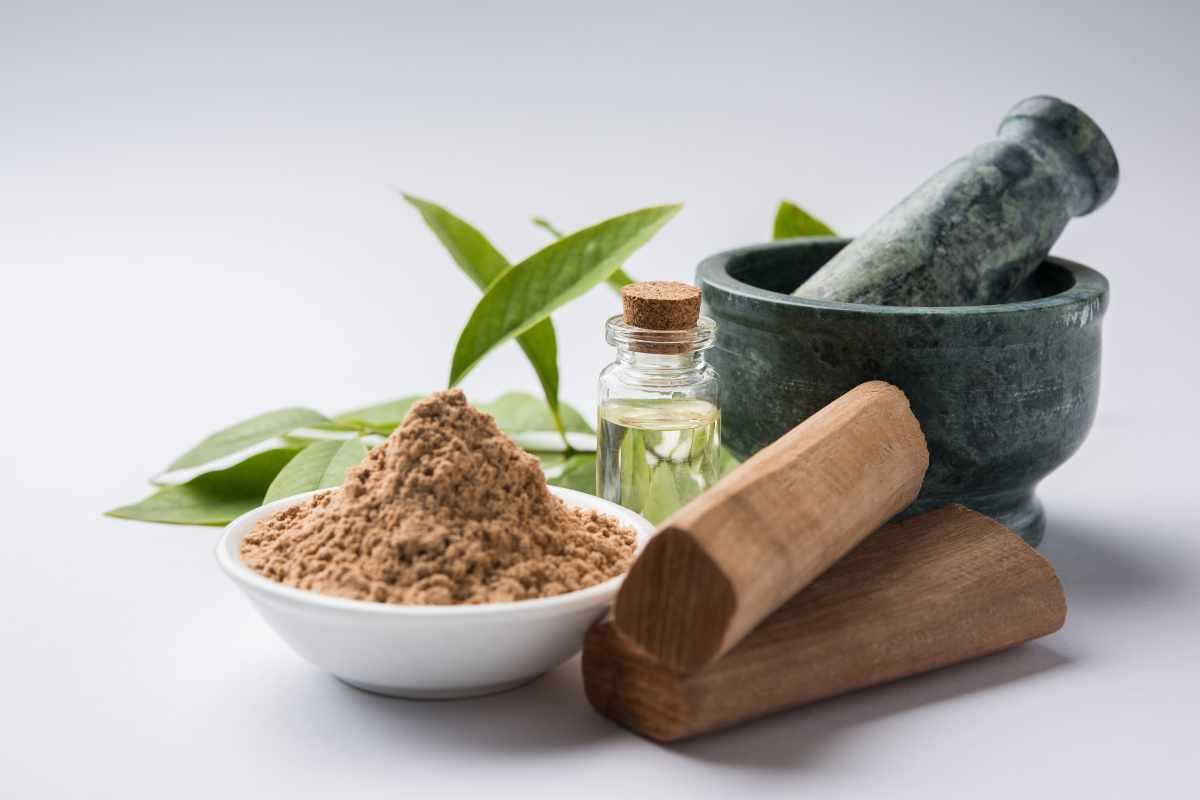India, a country rich in cultural and historical heritage, is renowned for its traditional medicine practices. The keyword “traditional medicine in India” is pivotal in understanding how these ancient practices are making a significant impact on modern health approaches. This article explores the various facets of traditional medicine in India and how it is seamlessly integrating with contemporary health solutions.
Overview of Traditional Medicine in India
Traditional medicine in India has a deep-rooted history that spans thousands of years. It encompasses a range of practices including Ayurveda, Yoga, Siddha, and Unani. These systems are collectively referred to as traditional medicine in India and have been practiced for centuries, providing holistic and natural remedies to health issues.
1. Ayurveda: The Ancient Science of Life
One of the most celebrated forms of traditional medicine in India is Ayurveda. Originating from the Sanskrit words ‘Ayur’ (life) and ‘Veda’ (knowledge), Ayurveda translates to “the knowledge of life.” This system emphasizes a balance between the body’s energies—Vata, Pitta, and Kapha. Treatments in Ayurveda include herbal medicines, dietary recommendations, and lifestyle changes. Modern health practices increasingly recognize the value of Ayurveda, incorporating its principles into wellness and preventive care.
2. Yoga: Beyond Physical Exercise

Yoga, another pillar of traditional medicine in India, is widely acknowledged for its benefits beyond physical exercise. Originating from ancient Indian texts, Yoga focuses on mental, physical, and spiritual well-being. The integration of Yoga into modern health regimens is growing, as people seek holistic approaches to health that align with traditional medicine in India. Yoga practices, such as asanas (postures), pranayama (breathing exercises), and meditation, are now common in wellness programs around the world.
3. Siddha Medicine: A Unique Heritage
Siddha medicine is a traditional system originating from South India. It is closely related to Ayurveda but includes unique elements. Siddha medicine emphasizes the balance of three fundamental principles: Vata, Pitta, and Kapha, along with specific treatments such as herbal medicines, diet modifications, and therapeutic practices. Siddha medicine’s approach to personalized health care is gaining recognition in modern health practices, showcasing the continued relevance of traditional medicine in India.
4. Unani Medicine: The Blend of Cultures

Unani medicine, also known as Greco-Arab medicine, was introduced to India through Persian and Arab scholars. It is a system that focuses on balancing the four humors: blood, phlegm, yellow bile, and black bile. Treatments in Unani medicine include herbal remedies, dietary guidelines, and various therapeutic practices. The incorporation of Unani principles into modern health care highlights the diverse influences of traditional medicine in India and its enduring impact on contemporary health solutions.
Modern Integration of Traditional Practices
The integration of traditional medicine in India with modern health practices is increasingly becoming a reality. Many hospitals and wellness centers now offer treatments that combine conventional medicine with Ayurvedic, Yoga, Siddha, and Unani principles. This integration helps bridge the gap between ancient wisdom and modern science, offering patients a comprehensive approach to health and wellness.
Research and Development

There is a growing body of research aimed at validating and expanding the knowledge of traditional medicine in India. Scientific studies are exploring the efficacy of herbal remedies, therapeutic techniques, and holistic practices. This research supports the integration of traditional medicine into modern healthcare systems, demonstrating the potential benefits and relevance of these ancient practices.
Challenges and Future Directions
Despite the positive strides, there are challenges in integrating traditional medicine in India with modern health practices. Issues such as standardization, quality control, and regulatory frameworks need to be addressed. However, with ongoing research and collaboration, the future of traditional medicine in India looks promising. Efforts to preserve and enhance these ancient practices while aligning them with contemporary health needs are crucial.
Conclusion
Traditional medicine in India offers a rich tapestry of practices that continue to influence modern health approaches. Ayurveda, Yoga, Siddha, and Unani each contribute unique perspectives and techniques to holistic health care. As the world increasingly embraces these ancient practices, the keyword “traditional medicine in India” remains central to understanding the evolving landscape of health and wellness. By integrating these traditional practices with modern medical advancements, we can create a more comprehensive and effective approach to health care.
The continued exploration and appreciation of traditional medicine in India provide valuable insights into the potential benefits of blending ancient wisdom with contemporary health solutions. As we move forward, the integration of traditional medicine in India into global health practices will undoubtedly play a pivotal role in shaping the future of wellness and medical care.
Did you find this article helpful? Visit more of our blogs! Business Viewpoint Magazine








